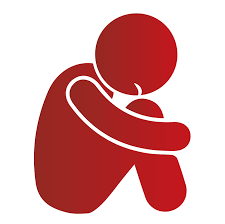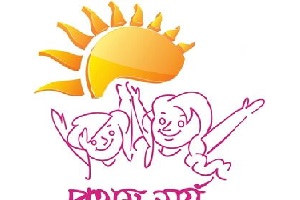Reproductive Health
Reproductive health (RH) is defined as all health events related to reproduction in the life cycle. Its components include family planning, post abortion care, safe pregnancy and safe motherhood, reproductive tract infections, sexually transmitted diseases, HIV/AIDS, RH services for adolescents, maternal and infant nutrition, cancer of the reproductive tract, infertility, female genital mutilation, and gender-based violence. Despite improvements in some aspects of health, the RH situation in Bangladesh still remains unsatisfactory. This situation is reflected in the unacceptably high rates of maternal and child mortality and morbidity in the country. Although significant success has been achieved in the decline of fertility and increase in contraceptive prevalence rate, the population growth rate is still high. Adolescent RH is also becoming an important issue. Added to the high rates of premarital and extramarital sex among male and female adolescents are concerns related to early marriage and teenage pregnancy. While the HIV/AIDS situation remains under control, there exists a potential threat of spreading the fatal disease rapidly.












